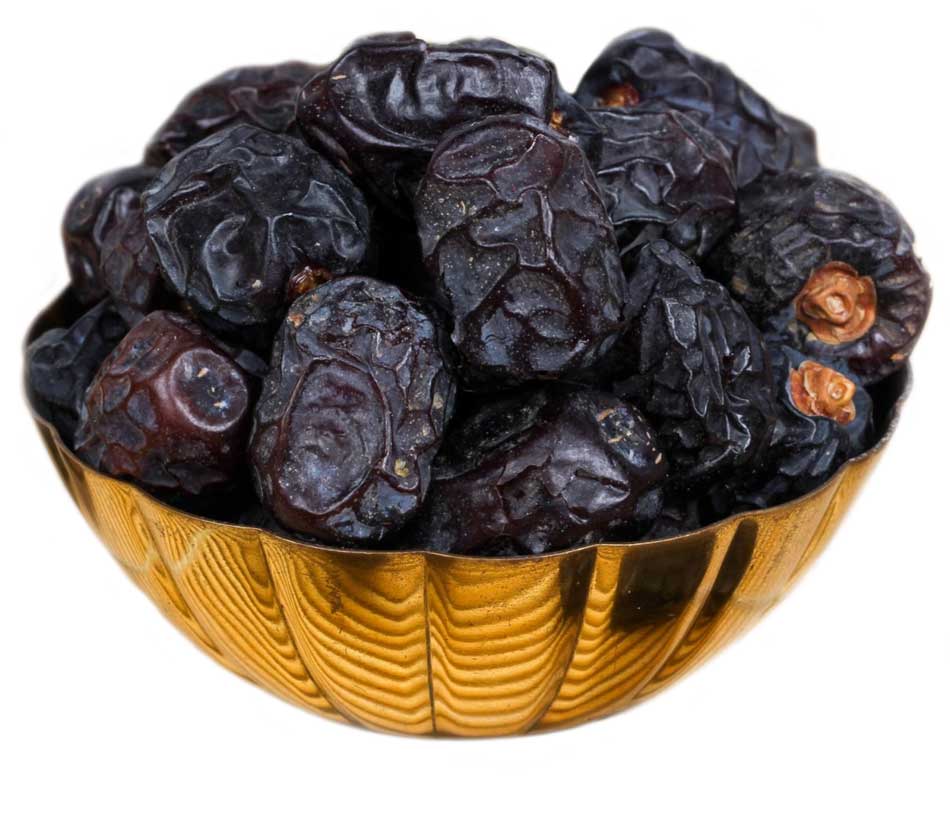
Kurma Nabi Malaysia: Major Producers and Exporters of Dates
Introduction
When it comes to dates, Kurma Nabi Malaysia stands out as a renowned variety cherished for its exceptional taste and quality. But have you ever wondered where these delightful fruits come from? In this blog post, we will explore the world of Kurma Nabi Malaysia and shed light on the countries that are the major producers and exporters of dates. Join us as we embark on a journey to discover the regions that play a crucial role in meeting the global demand for dates.
The Key Highlights
Understanding the significance of Kurma Nabi Malaysia.
Exploring the cultivation and production of dates.
Unveiling the major countries that produce and export dates.
Highlighting the factors contributing to their success.
Kurma Nabi Malaysia: A Flavorful Delight
Kurma Nabi Malaysia, also known as Prophet Dates, is a highly sought-after variety known for its exceptional taste, texture, and nutritional benefits. These dates are cultivated in Malaysia using traditional methods and are cherished for their sweetness and succulence. Kurma Nabi has gained popularity not only locally but also worldwide, making it an important contributor to the global date market.
Cultivation and Production of Dates
The Date Palm Tree
Dates are the fruit of the date palm tree (Phoenix dactylifera), which thrives in arid and semi-arid regions. The date palm is a hardy tree that can withstand extreme temperatures and challenging growing conditions, making it suitable for cultivation in various parts of the world. The cultivation of date palms requires patience and care, as it takes several years for the trees to mature and bear fruit.
Conditions for Date Cultivation
Date palms require specific conditions for optimal growth and fruit production. They thrive in regions with hot and dry climates, where the summers are long and the winters are mild. Well-drained soil and access to water, either through underground wells or irrigation systems, are crucial for the successful cultivation of date palms.
Hand Pollination
In many date-producing regions, including Malaysia, hand pollination is a common practice to ensure a higher yield of quality dates. Male flowers are carefully collected and used to pollinate the female flowers, which eventually develop into the fruit-bearing clusters. This labor-intensive process requires skilled workers who delicately transfer the pollen from the male flowers to the female flowers, ensuring successful fertilization.
Major Producers and Exporters of Dates
Saudi Arabia: The Kingdom of Dates
Saudi Arabia is considered one of the largest producers and exporters of dates in the world. The country’s vast date palm plantations and favorable climatic conditions contribute to its prominence in the global date market. Saudi Arabia produces a wide variety of dates, including Medjool, Ajwa, and Sukkari, among others. The country’s dates are highly prized for their quality and are exported to numerous countries around the world.
Iran: A Date-Powerhouse
Iran holds a significant position in the global date industry, being one of the top producers and exporters of dates. The country’s diverse climate and fertile soil provide favorable conditions for date cultivation. Iran produces a wide range of date varieties, including Mazafati, Zahedi, and Piarom. Iranian dates are known for their unique flavors and textures, and they are exported to various countries worldwide.
United Arab Emirates: Dates from the Desert
The United Arab Emirates (UAE) is renowned for its date production, particularly in the regions of Al Ain and Liwa. The UAE has made significant advancements in date cultivation, employing modern techniques and technologies to enhance production and ensure quality. The country produces a variety of dates, including Khalas, Barhi, and Khenaizi, which are exported to different parts of the world.
Other Notable Producers
Apart from Saudi Arabia, Iran, and the UAE, several other countries contribute significantly to global date production and export. These include Egypt, Iraq, Algeria, Tunisia, Morocco, and the United States. Each of these countries has its unique date varieties, cultivation methods, and export markets, adding to the global diversity of dates.
Factors Contributing to Success
Climatic Conditions
The success of date production in different regions can be attributed to favorable climatic conditions. Hot and dry climates with long summers provide the ideal environment for date palm cultivation.
Traditional Knowledge and Techniques
Many date-producing countries have a rich history of date cultivation and possess traditional knowledge and techniques that have been passed down through generations. These practices contribute to the quality and uniqueness of the dates produced.
Investment in Infrastructure
Countries that have invested in modern infrastructure, including irrigation systems, date processing facilities, and transportation networks, have an advantage in meeting the global demand for dates. These investments help ensure efficient production, processing, and transportation of dates from the farms to the export markets.
Marketing and International Trade
Successful date-producing countries have implemented effective marketing strategies and established strong international trade networks. They actively promote their date varieties, participate in international trade fairs, and engage in partnerships with importers and distributors worldwide.
Conclusion
Kurma Nabi Malaysia represents a delightful variety of dates that has gained recognition and popularity in the global market. The cultivation and production of dates require specific conditions and careful hand pollination techniques. Saudi Arabia, Iran, and the United Arab Emirates are among the major producers and exporters of dates, with each country offering its unique varieties and flavors. Factors such as climatic conditions, traditional knowledge, infrastructure investments, and effective marketing strategies contribute to the success of these countries in meeting the global demand for dates.
As you delve into the world of dates, explore the diverse flavors, and savor the sweetness, remember the journey these fruits make from the date palm trees to your plate. Appreciate the efforts of the dedicated farmers and the countries that play a vital role in bringing this beloved fruit to your table.